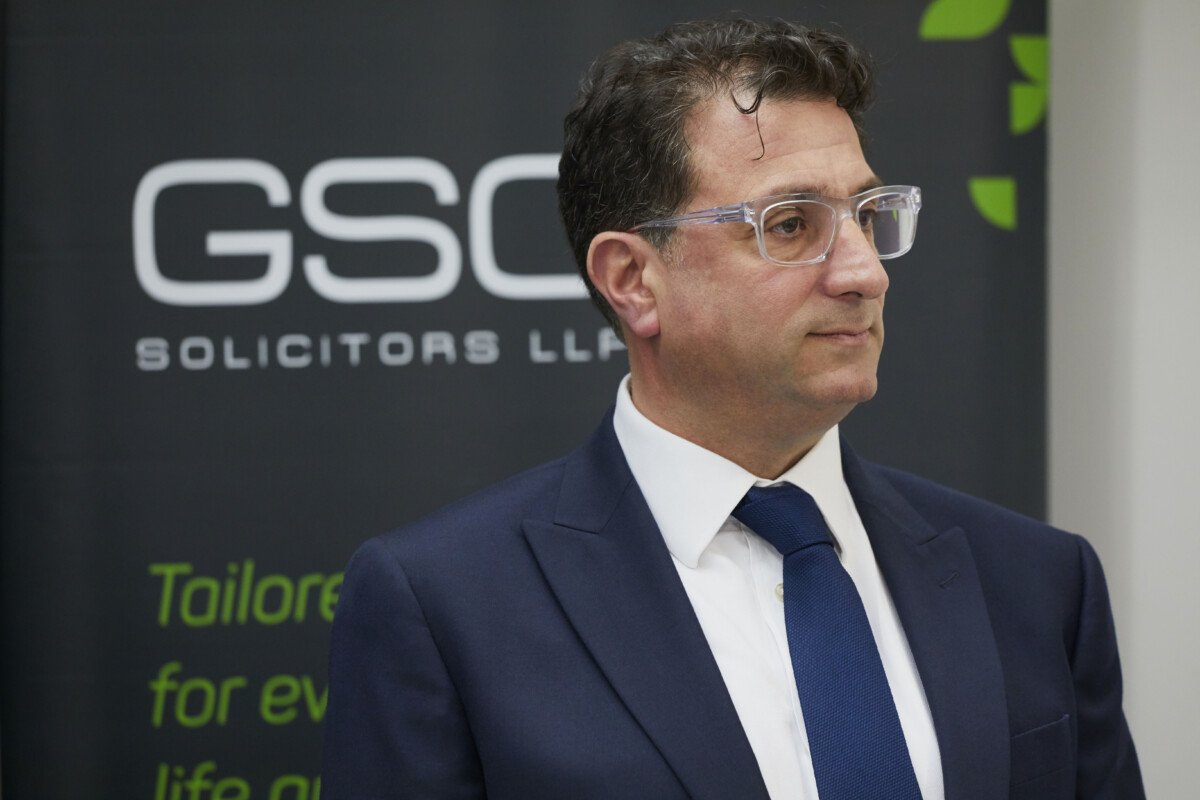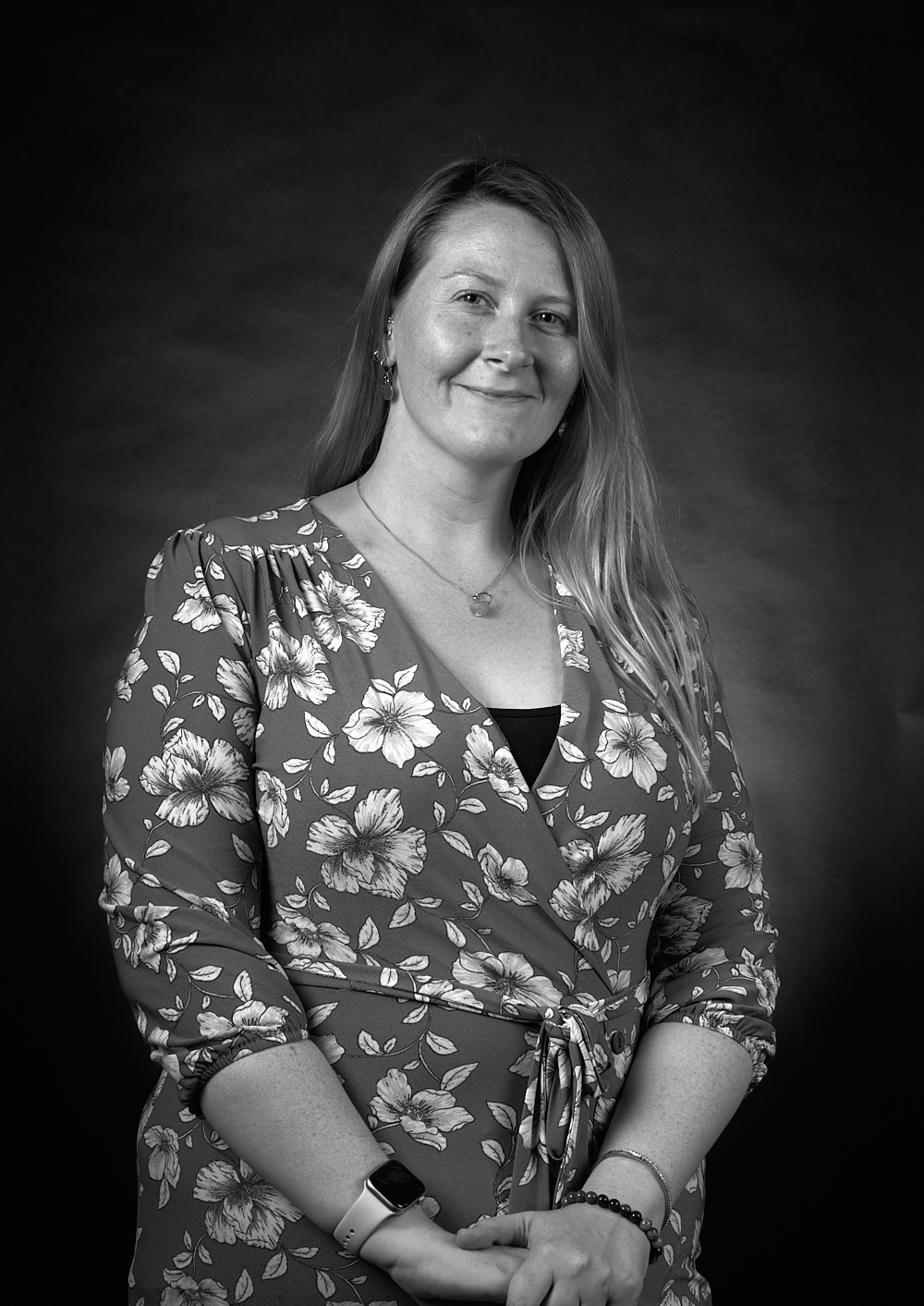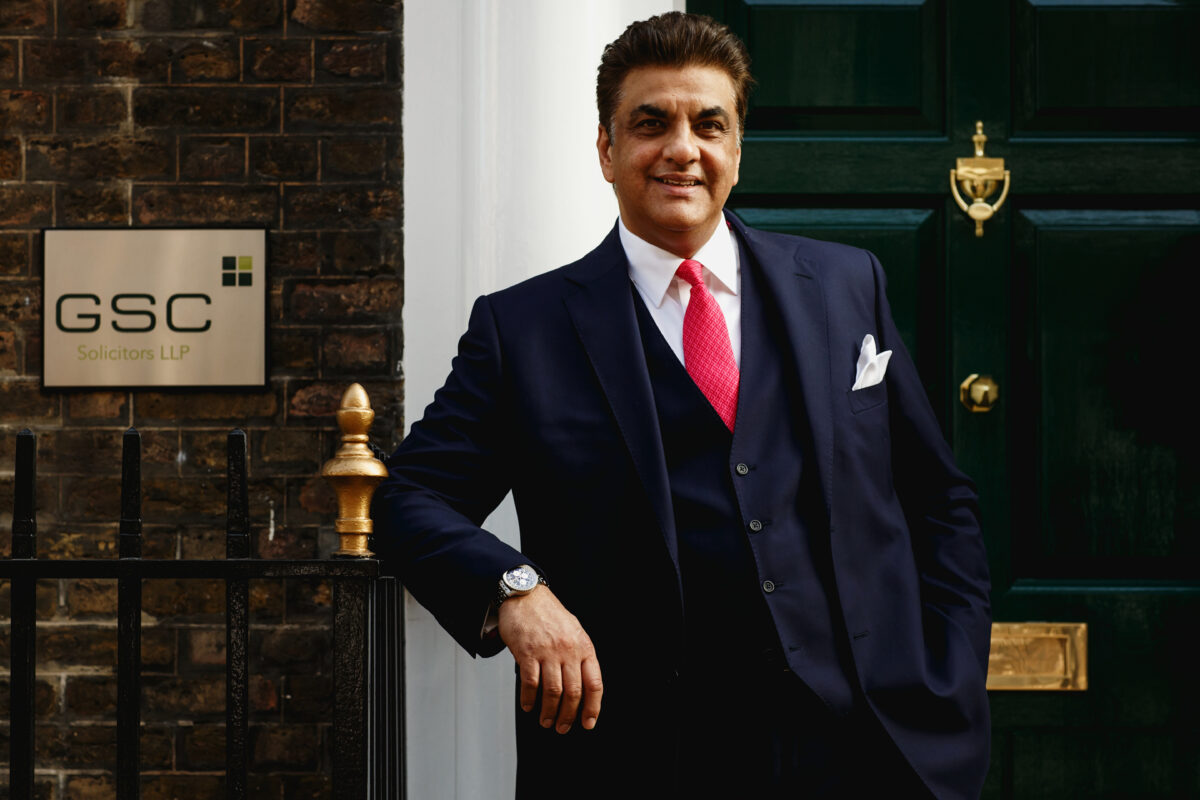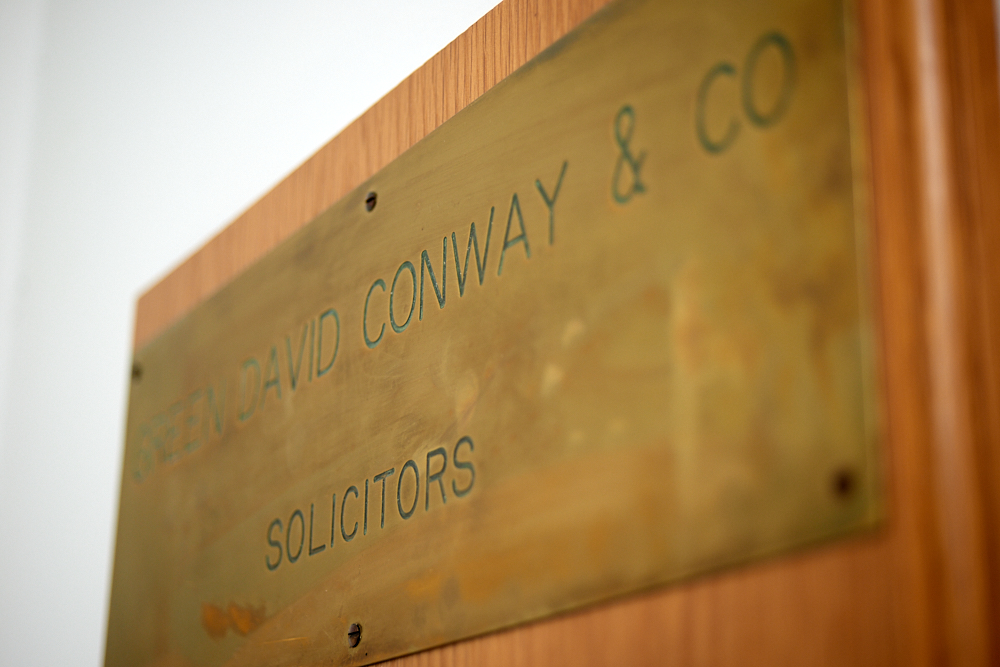The first indication of Clive Halperin’s lengthy relationship with technology is the distinctly veteran Apple Macintosh that now occupies a purely ornamental position on his office shelf. “It’s always interested me,” he explains. “Even before I was a pharmacist, I was interested in tech.”
For the latest in our series of GSC Stories celebrating 50 years of GSC Solicitors LLP, Clive looks at the past and future relationship between technology and the law.
Technology was slow to make an impact on the legal sector. In the ‘olden days’, as someone once told me, the day’s post would arrive at your desk. You would open it, dictate your letters to your secretary and then press on with a day which, in the main, would unfold exactly as planned. Nobody emailed you. Telephone calls were always by appointment. The most unexpected event would be the bank sending a messenger round with some papers.
Today, the immediacy of email and the ability to access a legal library at your desk has genuinely transformed legal practice. It not only changed the way we communicate; it changed the entire pace of the profession.
Law and the limits of technology
We are now seeing next generation technology being applied to legal work. Machine learning is helping lawyers analyse documents. The ability to crunch data in an ‘intelligent’, super-efficient way is starting to support document production and due diligence. This capability will be increasingly applied to large transactions, yet there is a limit to how far AI and the law can progress.
That’s because the law requires judgment. It’s about testing theories to see if they stand up. Computers are excellent at identifying the outliers in a vast range of data, which could be of huge benefit in complex transactional matters, but I don’t yet see that AI will be creating laws anytime soon.
Impossible choices
A far more immediate issue is the legal (and philosophical and moral) complexities presented by new technology. How do you instruct a self-driving car to make those difficult choices, such as who to crash into where the crash is inevitable, and the car cannot avoid injuring one party or another? Who does it choose? What is the liability of the programmer or organisation that made that decision? What are the ramifications on the insurance industry of such choices?
Then, as machines become ever more intelligent and learn to develop their own software, who is responsible for the decisions they make and systems they design?
These are more than fascinating hypotheticals. These are very real concerns and they are being explored now.
Adapting to change
In his lifetime, my Dad has seen the invention of television, Concorde, the Space Shuttle, the internet, mobile phones, antibiotics, heart transplants and nuclear power. The pace of change gets ever faster, but we can take some encouragement from the fact that the scale of change is perhaps diminishing a touch. Change is now more iterative and less seismic. It gives the law a chance to adapt and we should feel confident that the law can cope with such developments, just as it has coped with every other development over the last century.











